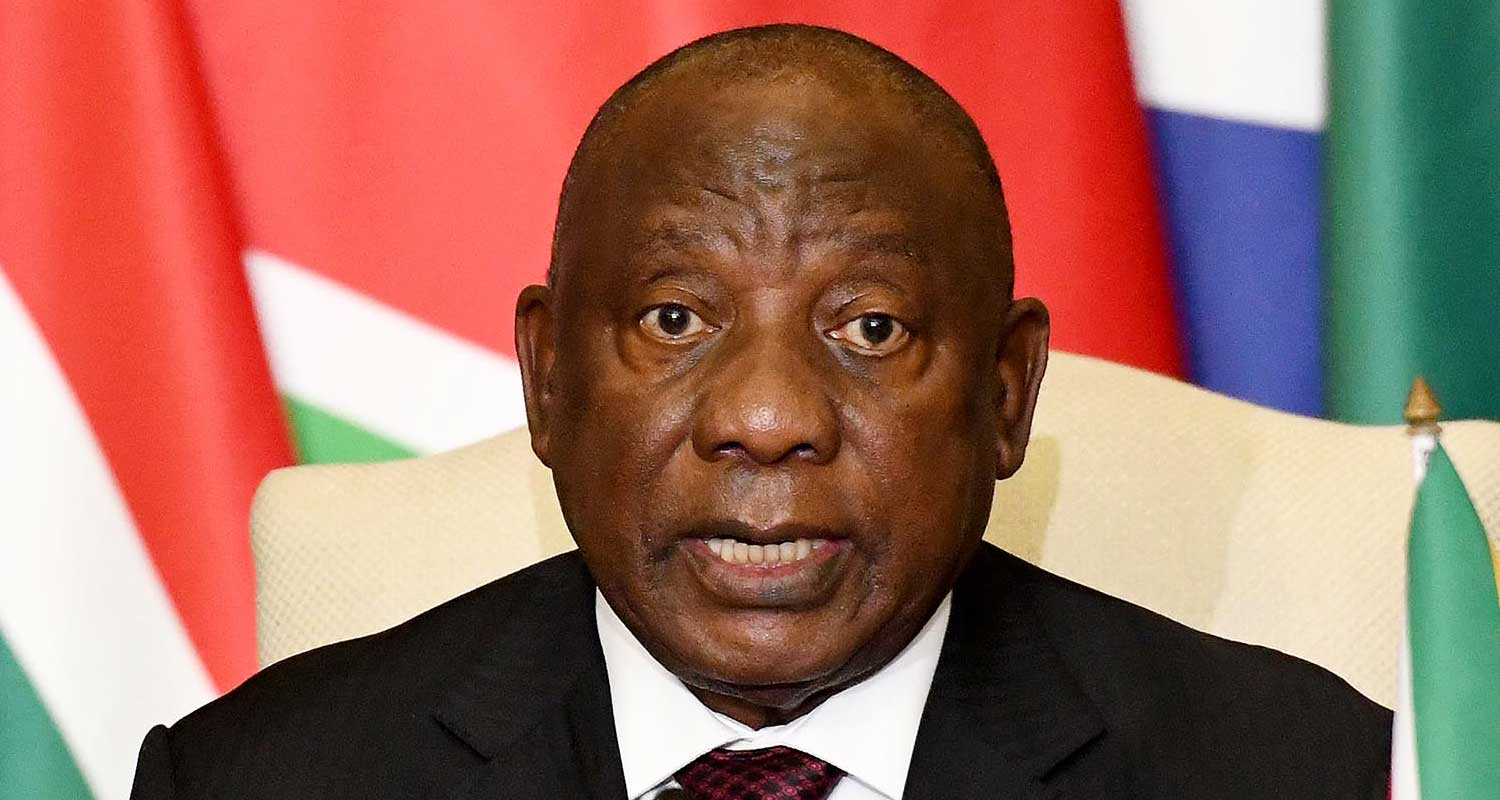
President Cyril Ramaphosa highlighted investment in digital infrastructure as a key priority for South Africa’s seventh administration in his opening of parliament address on Thursday night.
He said digitisation is going be a key driver for job creation. To this end, government plans to drive the roll-out of digital infrastructure to support higher connectivity rates as part of a broader plan to upgrade the country’s infrastructure across the board.
“From our largest metros to our deepest rural areas, we have a clear intention to turn our country into a construction site, as roads, bridges, houses, schools, hospitals and clinics are built, as broadband fibre is laid and as new power lines are installed,” Ramaphosa said.
“We also have a unique opportunity to position our country as a major player in the digital economy and create jobs in digital services.”
Juanita Clark, CEO of the Digital Council Africa, a telecoms industry association, told TechCentral that the use by the president of the word “fibre” interchangeably with construction indicates government’s appreciation of broadband as a utility.
The Digital Council Africa has been lobbying government on this matter for years, advocating for the pre-provisioning of fibre services in new builds as a way to reduce costs and deployment times, said Clark.
According to Ramaphosa, government plans to invest in digital identity and payments systems, too. A lack of sophistication in South Africa’s digital identity systems has led to citizens experiencing administrative hurdles when dealing with different arms of government, often having to print out and certify multiple copies of IDs whereas digital links to home affairs’ automatic biometric system could simplify these processes and eliminate the need for paper.
The crime problem
The digitisation of public sector payments systems will improve traceability, help combat fraud and bolster South Africa’s financial intelligence ecosystem, the president said.
Digital payments also reduce the risk and cost of delivery for social services such as Sassa grant payments, helping the state save money while recipients save the time they would have used waiting in queues.
The drive towards greater industrialisation through infrastructure development faces corrosive elements such as vandalism and crime. This has been a particularly thorny issue for the telecoms sector. Mobile operators – which were already spending millions to combat load shedding – have had to spend even more to protect batteries and generators from criminal syndicates. The destruction of infrastructure for no obvious economic gain is also a problem for the sector.
Read: Solly Malatsi promises ICT policy stability
Ramaphosa mentioned the police department as one of the key organs of state where digitisation is going to be critical for improving outcomes in the battle against organised crime. He said South Africa must have “capable and sophisticated” law enforcement agencies and promised to use a “data-driven” approach to identify violent crime hotspots and “inform the allocation of policing resources”.
“The president refers to dealing with construction mafias – something that has caused untold complication and millions in lost revenues and even loss of life,” said Clark. “We appreciate that and in no way think it will be an easy task, but we are willing to work together to ensure that it is dealt with.

“However, we would also like to see government recognise, and talk to the ongoing damage caused by ongoing vandalism of mobile towers, post construction, which results in billions of lost income annually. Funds that could be applied to the expansion of networks have to be redirected to simply keep existing sites up and running,” she said.
Ramaphosa also identified local government as an area that could benefit from “harnessing digital public infrastructure” as a driver of growth and inclusion through the Operation Vulindlela reform project. Operation Vulindlela is a project office in the presidency aimed at speeding up economic reforms.
Red tape at local government level, as well as a lack of rationalisation in municipal regulatory requirements and process, have been a stumbling block for the telecoms sector that has led to longer lead times and cost overruns on infrastructure projects.
“It seems that in highlighting the role of municipalities, government is trying to send a message that it recognises the immense role that local governments plays in the roll out of telecoms infrastructure,” said Clark.
“The president says ‘simplifying and speeding up planning and regulatory processes can make it easier for businesses to invest and operate in a municipality, thus creating more jobs’, which hopefully indicates they will focus on removing red tape – which he specifically mentioned later – for the deployment of telecoms infrastructure.
“Having said this, there are other departments which are part of approval processes that also act as footbrakes in the process. We trust that these will also be addressed,” said Clark.
Broadband
Government must also expand access to affordable broadband and increase training for young people in digital skills, Ramaphosa said. He acknowledged that the state cannot achieve these reforms alone, saying: “We are simplifying the regulations on public-private partnerships to enable greater investment in both social and economic infrastructure development.
“As we pursue these new areas of growth, we will continue with the far-reaching reforms that enable growth,” Ramaphosa said. – © 2024 NewsCentral Media